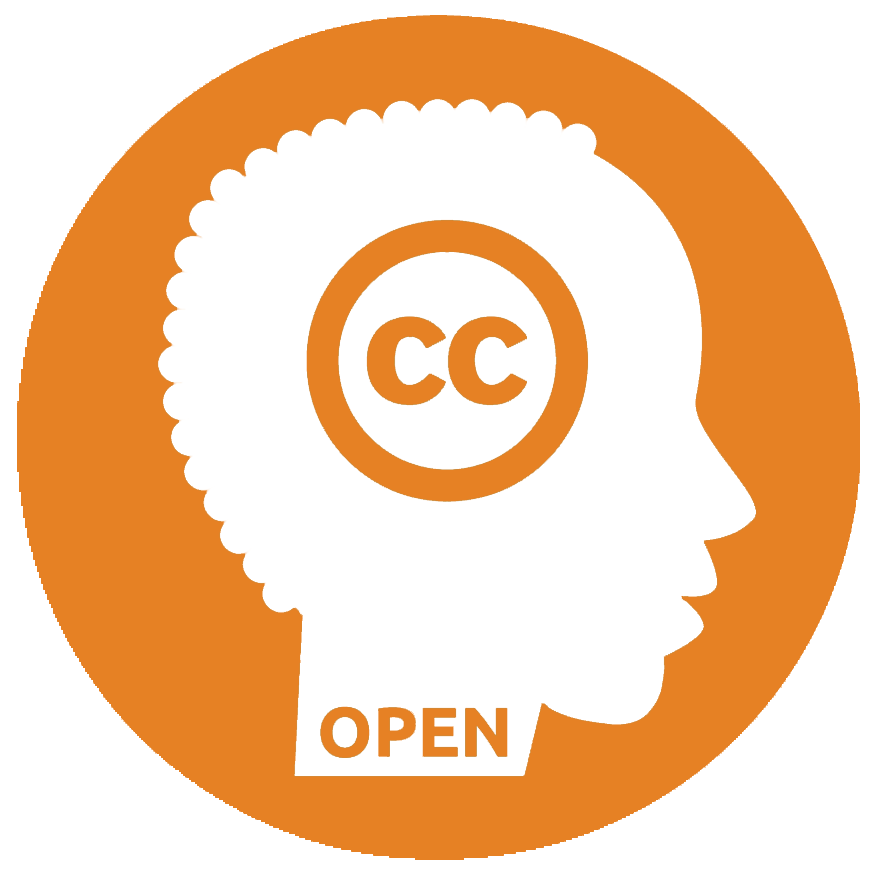Your search
Results 5 resources
-
Language abilities in the early years are a strong predictor of children’s success in school. However, a considerable number of children enter school with poor language skills. Therefore, one of the most important but also challenging mandates of early childhood education and care [ECEC] is to promote these skills before school enrolment. Meta-analytic evidence suggests that shared book reading is a valuable tool to narrow this gap in the early years. In the digital age, ebooks might offer...
-
Previous empirical studies on the effect of scaffolding in game-based learning environments have shown inconsistent findings. In this study, we conducted a meta-analysis to examine the effect of scaffolding in digital game-based learning (DGBL) and to explore a range of moderating factors that may have contributed to the inconsistencies of primary studies. We used the three-level meta-analysis method to analyze the data for handling data non-dependency issues of multiple effect sizes in one...
-
Background: The array of availability of diverse digital reading applications, the mixed results emerging from small-scale experimental studies, as well as the long-standing tradition and range of known positive developmental outcomes gained from adultchild storybook reading warrant an investigation into electronic storybooks (e-books) by performing a meta-analysis, which includes recent studies.
-
This meta-analysis examines the inconsistent findings across experimental studies that compared children’s learning outcomes with digital and paper books. We quantitatively reviewed 39 studies reported in 30 articles (n = 1,812 children) and compared children’s story comprehension and vocabulary learning in relation to medium (reading on paper versus on-screen), design enhancements in digital books, the presence of a dictionary, and adult support for children aged between 1 and 8 years. The...
-
The present article attempts to reinterpret the findings of most recent studies investigating effect of using games for teaching purposes. A methodological approach combining a meta-analysis of quantitative data with qualitative ones was adopted in order to present the broadest picture of the current research on educational use of games. To this end, we conducted a meta-analysis of 180 effect size comparisons out of 154 empirical studies on the effect of both digital and non-digital games on...
Explore
Outcome measure
- Learning (5)
Instructional domain (subject)
- Computing (1)
- Languages (1)
- Literacy (3)
- Mathematics (2)
- Multiple (2)
- Science (2)
- Social Studies (1)
- STEM (1)
Education Level and Type
- ECE 0-7 (3)
- High school 16-18 (1)
- Primary 7-10 (3)
- Secondary 11-16 (1)
Groups of students
- _No mention (1)
- At-risk (1)
- Gifted students (1)
- Low socio-economic status (2)
- SEND (1)
- typically-developing students (1)
Moderating variables
- Class size (1)
- Grade/education level (1)
- Length of time (3)
- Multiple exposures (1)
- Parent/carer involvement (2)
- Student characteristics (2)
- Subject (1)
- Teacher involvement (3)
- Teacher pedagogy/implementation (1)
- Tech structure (3)
Tech Hardware
- Computer (1)
- E-book hardware - e.g. kindle (3)
- Handheld device (2)
- Interactive whiteboards (1)
- Multimedia (1 or more)
- Tablet (2)
- Touch-screen (2)
Tech Software
- E-book software (3)
- Game learning (2)
- General apps (1)
- Virtual Reality (1)
Tech mechanism
- Feedback (1)
- Gamification (2)
Learning Approach
- Blended learning (1)
- Classroom learning (3)
Teacher Pedagogy
- Group learning (1)
- Scaffolding (1)

